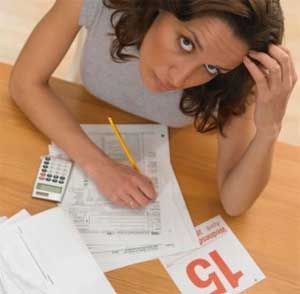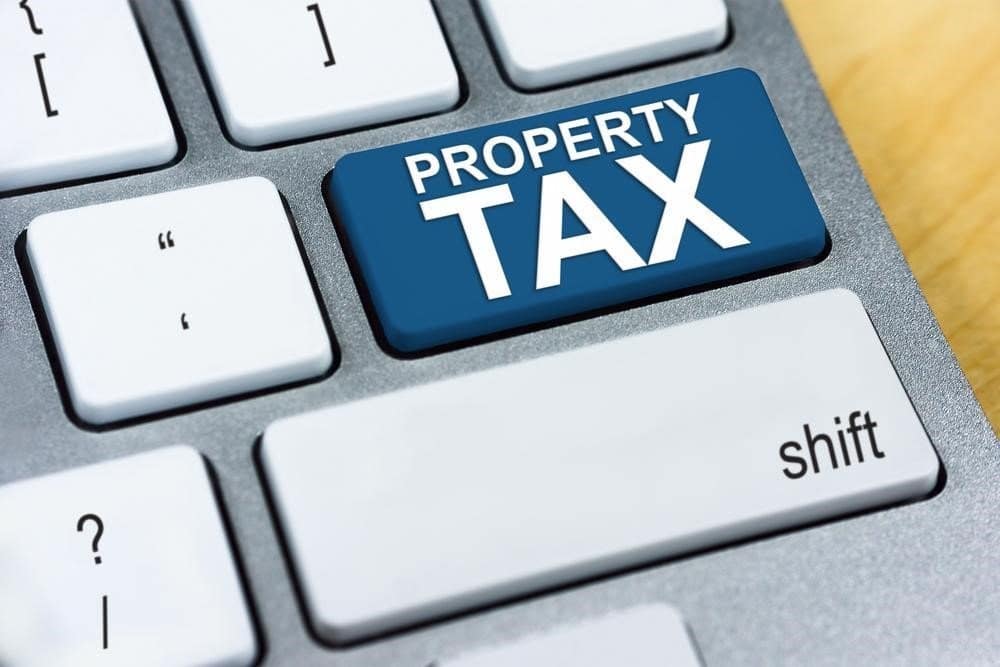
Property tax is a tax levied on real estate and occasionally, on other property, you own as well. The amount of property tax you owe is usually assessed by your local government and is based on both the location of the property and its value.
How to calculate property tax
Property tax is determined by multiplying the value of the property by the tax rate. Here’s how the value of your property and it’s given tax rate are determined:
The Value of the Property
Assessors, also called appraisers, are people who work for the local tax authorities, tracking the value of every piece of land and or property in their district, be it in a city, county or otherwise.
These appraisers maintain databases of the tax value of the property, which are typically less than the market value of the property. This is a common practice to keep tax rates more manageable (think: the higher the value of the property, the higher the associated taxes will be), although how much less will differ by area.
Your home’s value is often tracked using sophisticated mapping software that takes into account permit applications for remodeling projects, rental contracts, recent inspections, changes in resource use, reports from neighbors and more.
Cars, machinery, and other property may be subject to personal property tax as well.
The Tax Rate
Property tax rates are based on something known as the “millage rate,” which is the amount per $1,000 of property value used to calculate local property taxes. Your property tax rate is likely to be expressed in a number of “mills,” where one “Mill” is equal to one-thousandth of a dollar.
For example: if the property tax rate on homes is 15 mills, homeowners in that area will pay $15 in tax for every $1,000 in assessed home value. Thus, a house that’s valued at $200,000 will owe $3,000 in property taxes.
Some taxing authorities apply the property tax rate only to a portion of the home value, rather than to the full home value, greatly reducing the amount of property tax owed. In the end, it’s up to the local taxing authority to determine the tax rate.
What property tax pays for
Your property taxes generally go to the local government and are used to pay for community services such as schools, police and fire departments, road construction and other locally-based projects.
Like all citizens, you’re responsible for paying your property taxes in full and on time – failing to do so can result in the authorities placing a tax lien on your property.
While it’s not a seizure of assets (no one will take your house,) A tax lien claims part or all of the proceeds from the property should you ever rent or sell it. If you’re in the market for a new home, check with your local tax office to ensure that there are no tax liens on the property prior to purchasing it, as some states this financial responsibility can be passed onto the new owner.
How to dispute your property tax bill
If you disagree with a property tax bill on your home, your best bet is to challenge your home’s assessed value. In order to do this, you’ll need to prove that the assessed value of your home, doesn’t reflect it’s property’s true value.
If you choose to take this route, start by Gathering comparable listings or ask a real estate agent to pull records of comparable property sales for you. Or, you can look at the property tax value of other local homes, which are frequently available online from the local tax assessor.
Then, call your assessor’s office to learn how the dispute process works in your area. Start by discussing your findings by phone or in person, using homes that have a similar tax value or higher than yours.
You also might be able to pursue the case with an independent tax appeals board should working directly with your tax office not give you the results you’re looking for.
How to pay property tax
Typically, there are two ways to pay property tax on a house:
- Write a check or pay online once a year (or once every six months) when the bill comes from the taxing authority.
- Set aside money each month in an escrow account when you pay the mortgage.
Don’t assume you’re paying property tax when you give money to the escrow company. Think of that as “saving up” for the property tax bill. The escrow company uses the money in your escrow account to pay your property tax when the bill arrives.
How to deduct property tax on your tax return
Property tax can be tax-deductible. Use Schedule A when you file your return to figure your deduction amount.
In 2018 a new limit on property tax deductions was announced. Now, you may deduct up to $10,000 ($5,000 if married filing separately) for a combination of property taxes and either state and local income taxes or sales taxes.
if you want to deduct property tax, you’ll need to itemize your taxes instead of taking the standard deduction. This will most likely take you more time, however, it often leaves you with a lower tax bill, making it well worth the effort.

